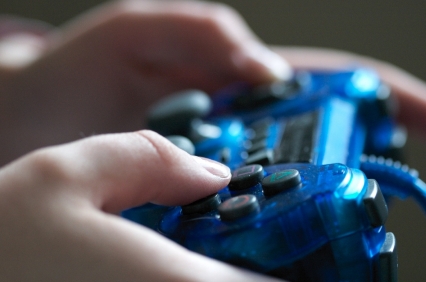What is Screen Time?
Screen time is the amount of time spent using electronic devices or media. This may include TV, phone, iPad or Tablet, computer, laptop, PlayStation, Xbox, and the use of social media. Social media has become a large component of our lives over the past decade, with most people having one or more social media accounts, such as Facebook, Instagram, Twitter, and YouTube. Indeed, a lot of people rely on electronic devices to form relationships and shop for clothes and groceries. Often, too much screen time in young people is a result of Fear Of Missing Out (FOMO) or Fear Of Being Offline (FOBO).
How Much is Too Much?
Given screen time has become part of our modern day lives, it is expected that our use of electronic devices has increased. The American Academy of Paediatrics recommends children have less than two hours’ of screen time der day. Likewise, The Department of Health and Aging says two hours per day is the upper limit for adolescents. More recent research suggests our actual use is more than seven hours of screen time every day, well beyond the recommended amount.
How is it affecting me?
A lot of the research into the impacts of screen time has focused on obesity. The correlation is overwhelming – screen time is a risk factor in obesity. A television in the bedroom is associated with obesity at all ages. And it is not a surprise that those who spend more time on gaming consoles and in front of a television are less physically active.
More recent neuroimaging studies suggest that excessive screen time may also be linked with functional and structural changes in our brain. While correlation does not equal causation, some studies have linked internet and gaming addiction to a decline in cognitive processing, which includes planning, prioritising, organising, and impulse control. These studies also suggest that internet and gaming addiction can affect the parts of our brain responsible for reward and the development of compassion and empathy. It’s not surprising that many experts argue that gaming addiction can lead to socially unacceptable behaviours. The developers of more modern games also know how to stimulate our reward systems. When we experience these repeated dopamine (the feel-good chemical) releases, addiction ensues.
One of the primary impacts of excessive screen time is that it naturally pulls individuals away from ‘feel good activities’ or ‘green time’. Being outdoors, socialising with friends and family, and finding rewards through exercise or work are all things that naturally improve our wellbeing and psychological resilience. If we are in front of a screen, it is impossible to fill our days with the good things in life.
For younger people, technology has been a part of their whole lives. It is their norm. Unfortunately, however, screen time is a way for people to avoid and close off from reality. This is especially true for younger people who may not be as socially successful. Given that we cannot escape the grip of technological advancements, it is about setting boundaries. Make sure Facebook doesn’t interrupt dinner time. Leave the phone at home when you go out on the weekends. Enjoy each moment without having to capture every moment for later on.




